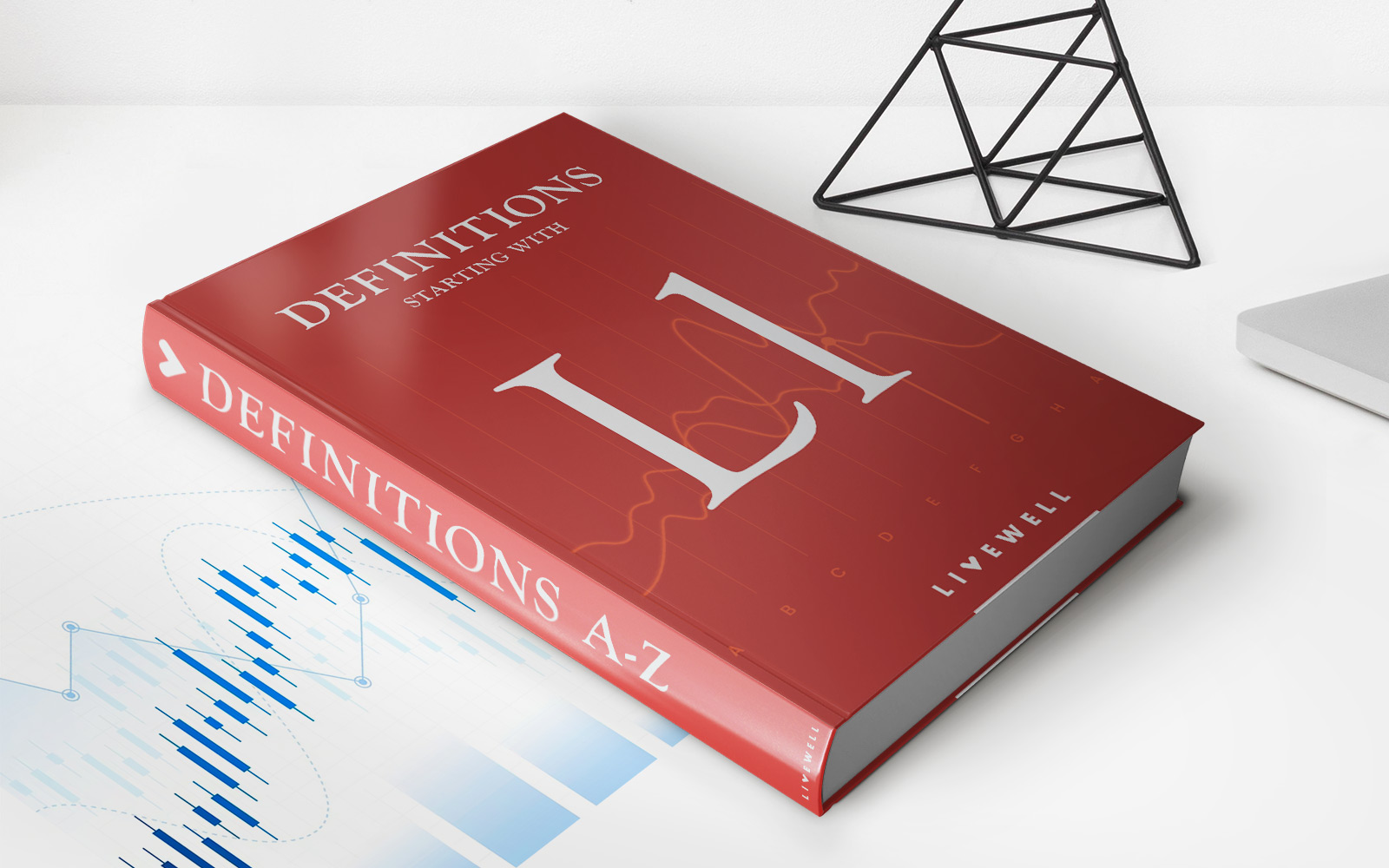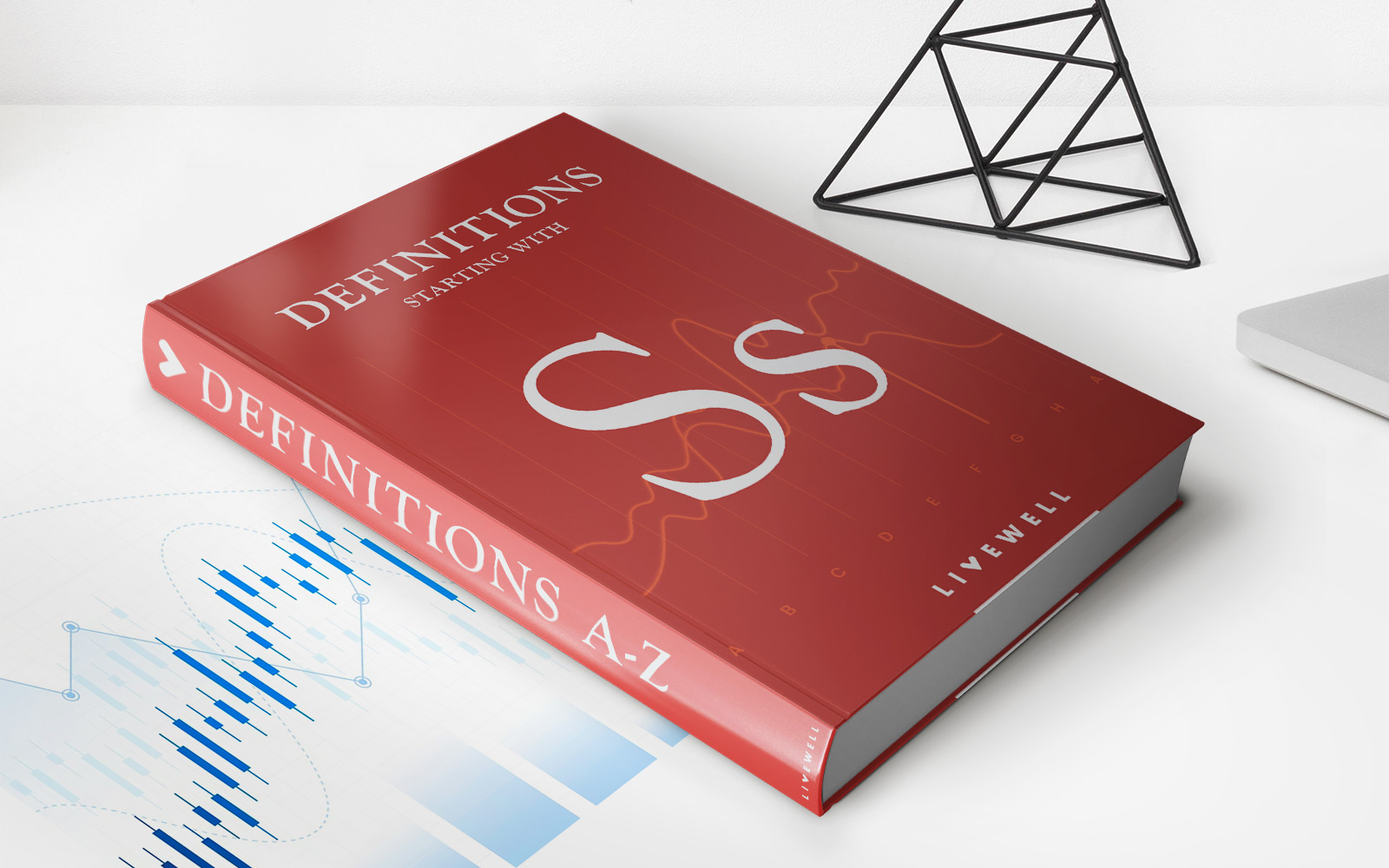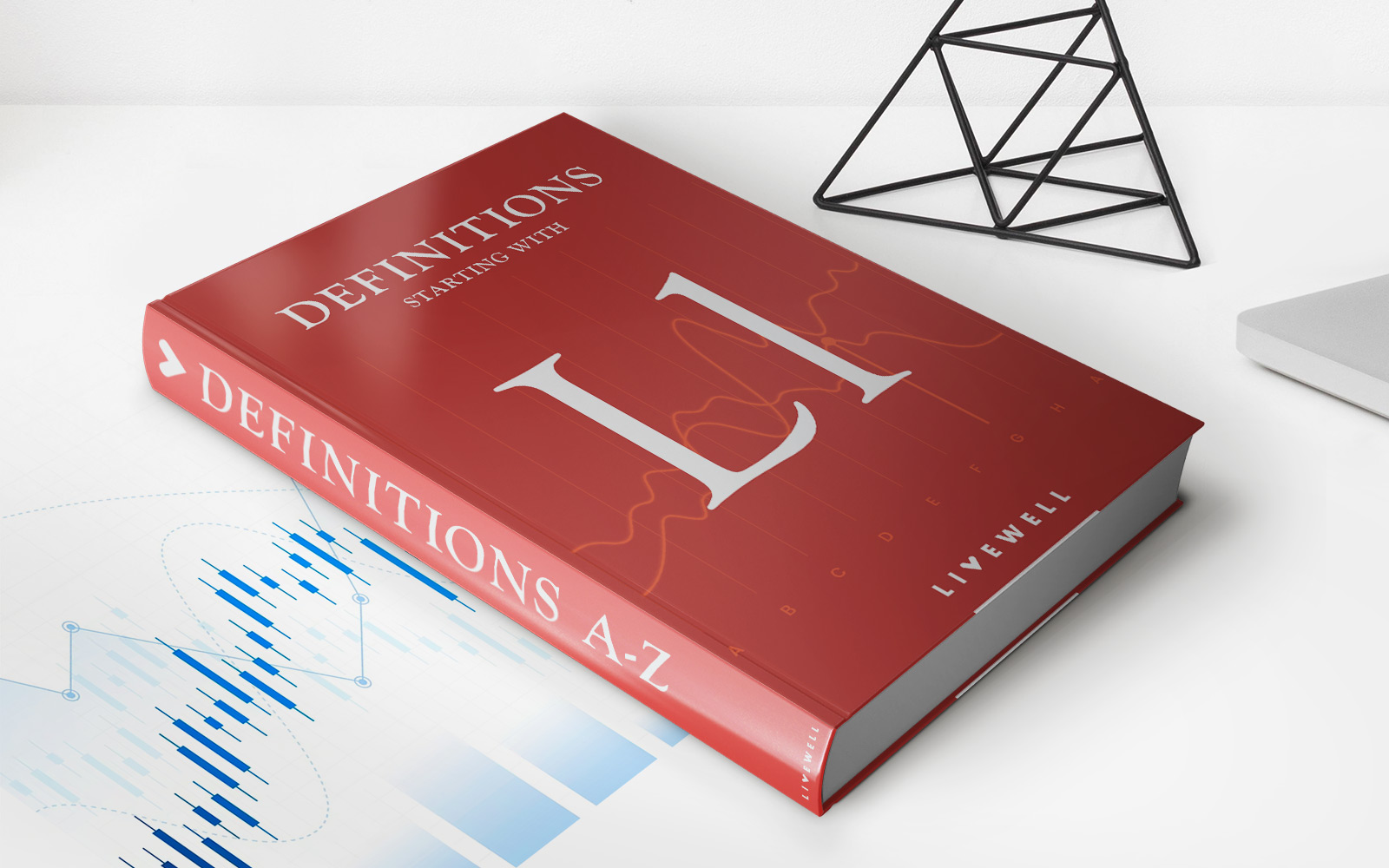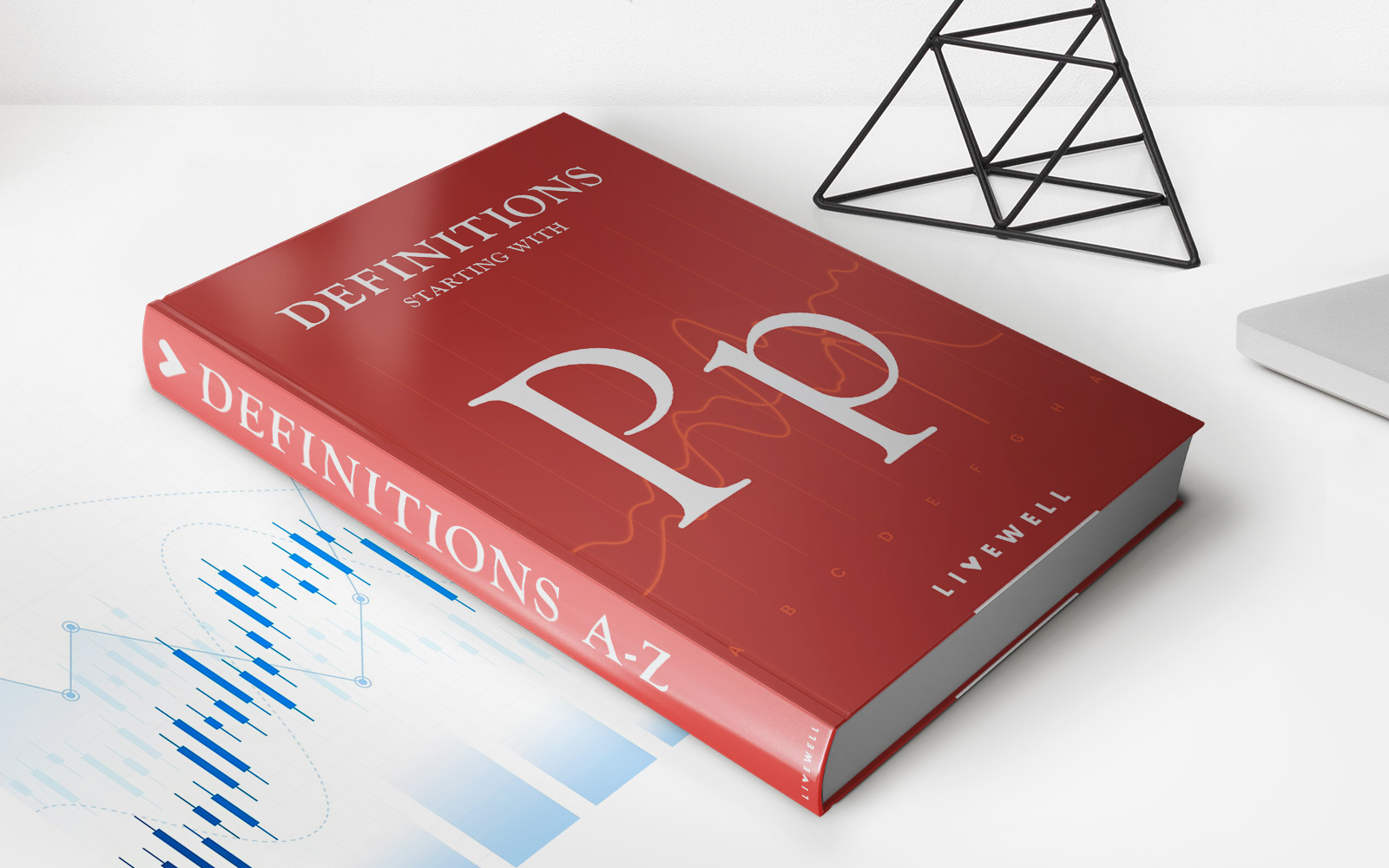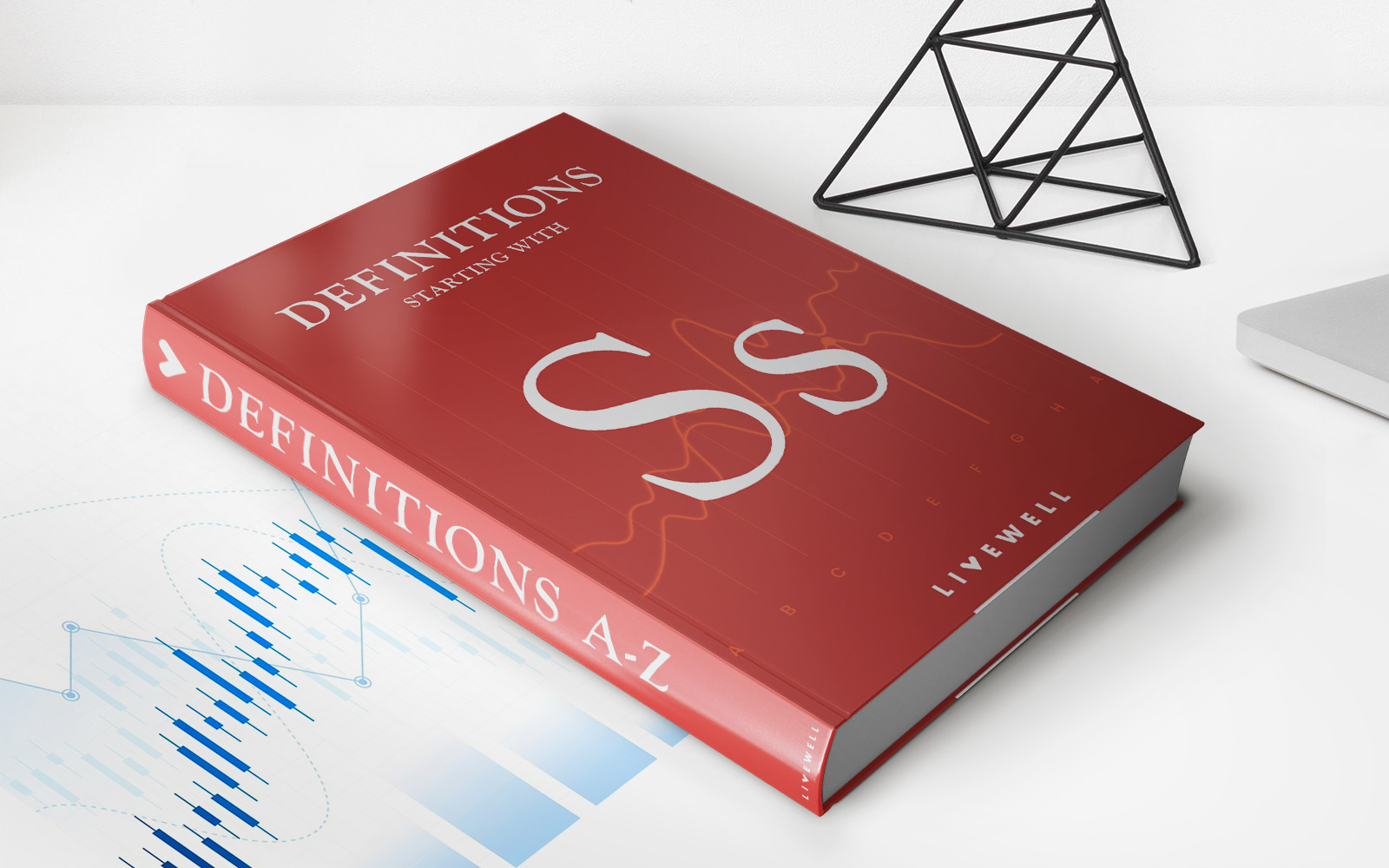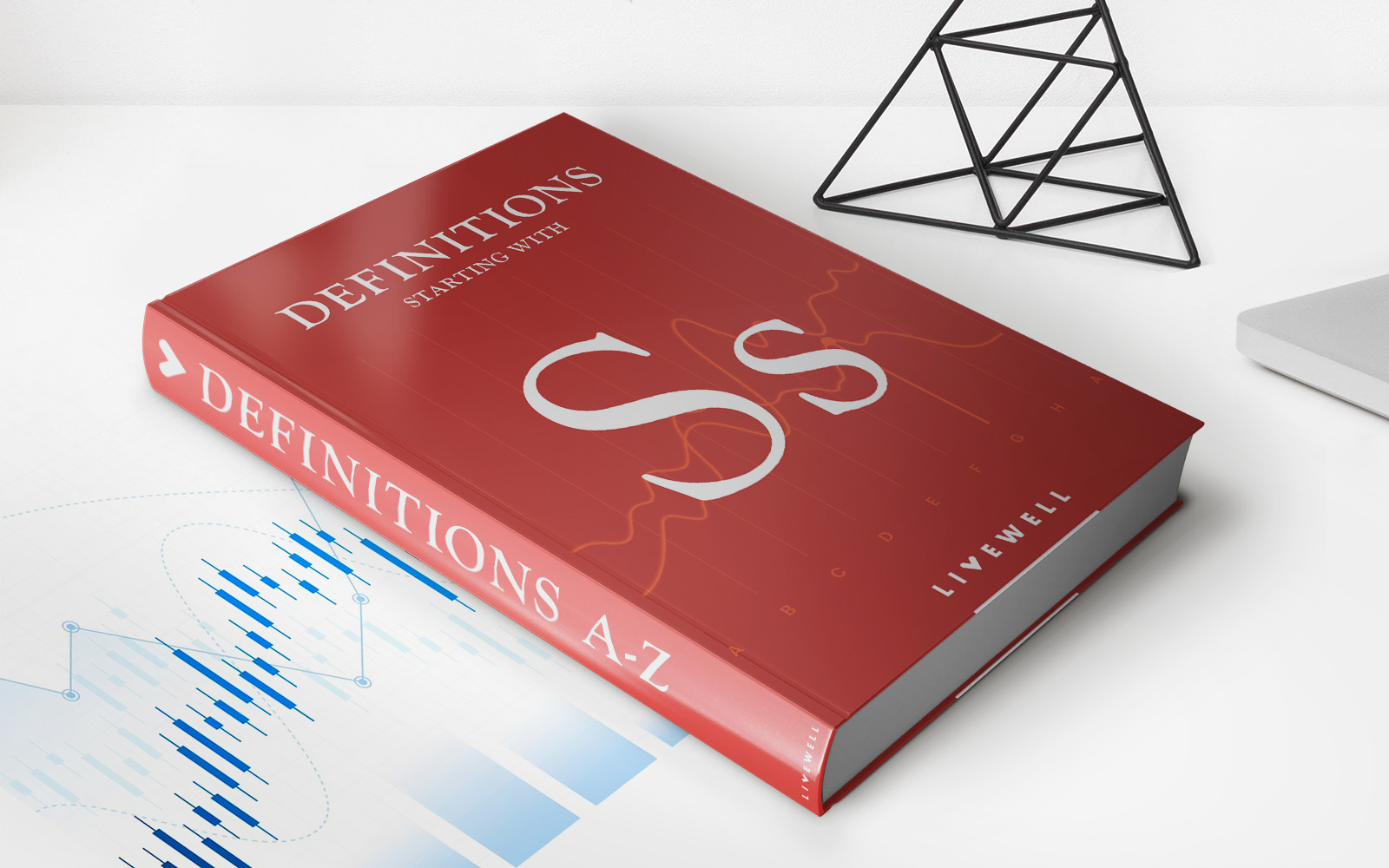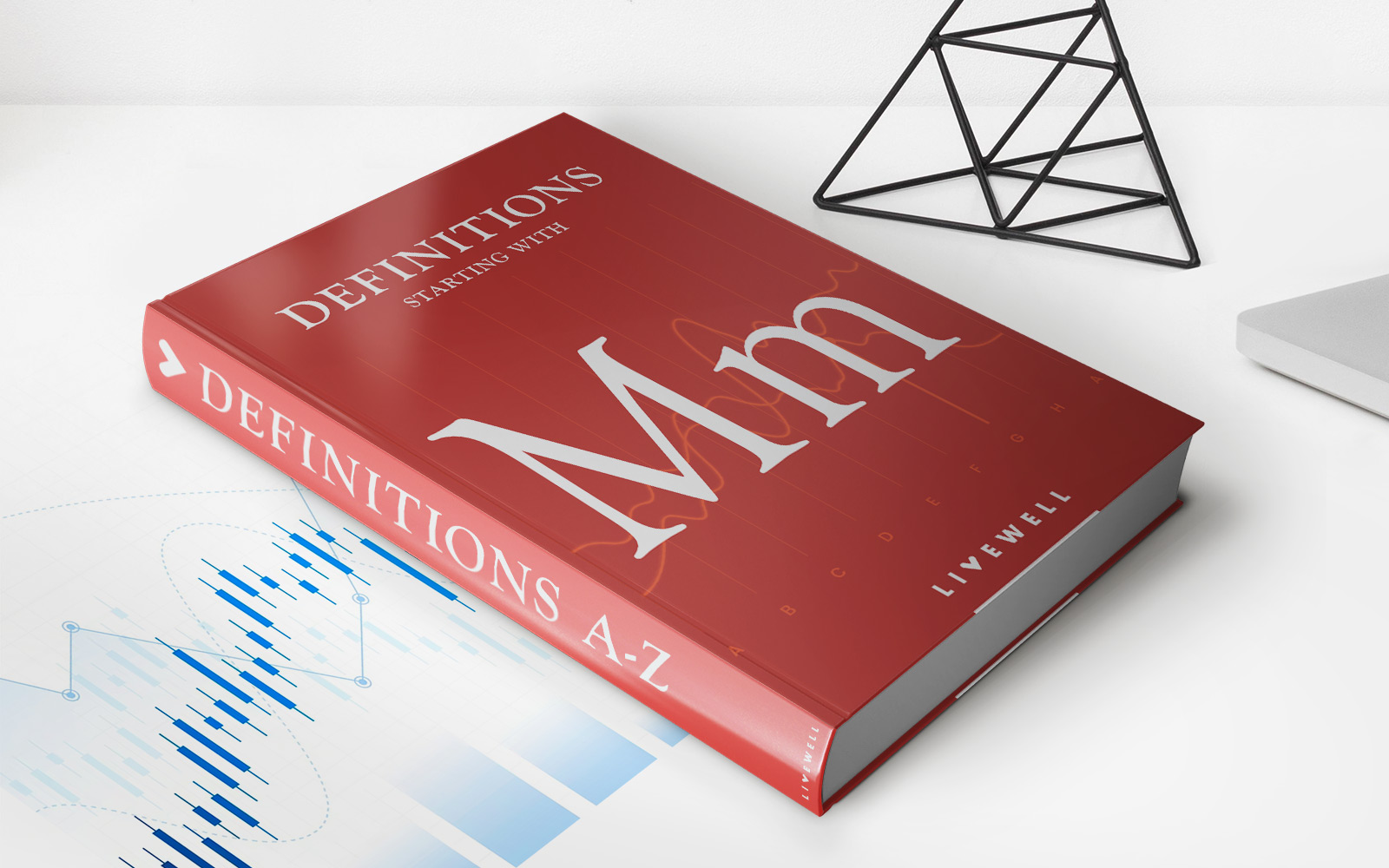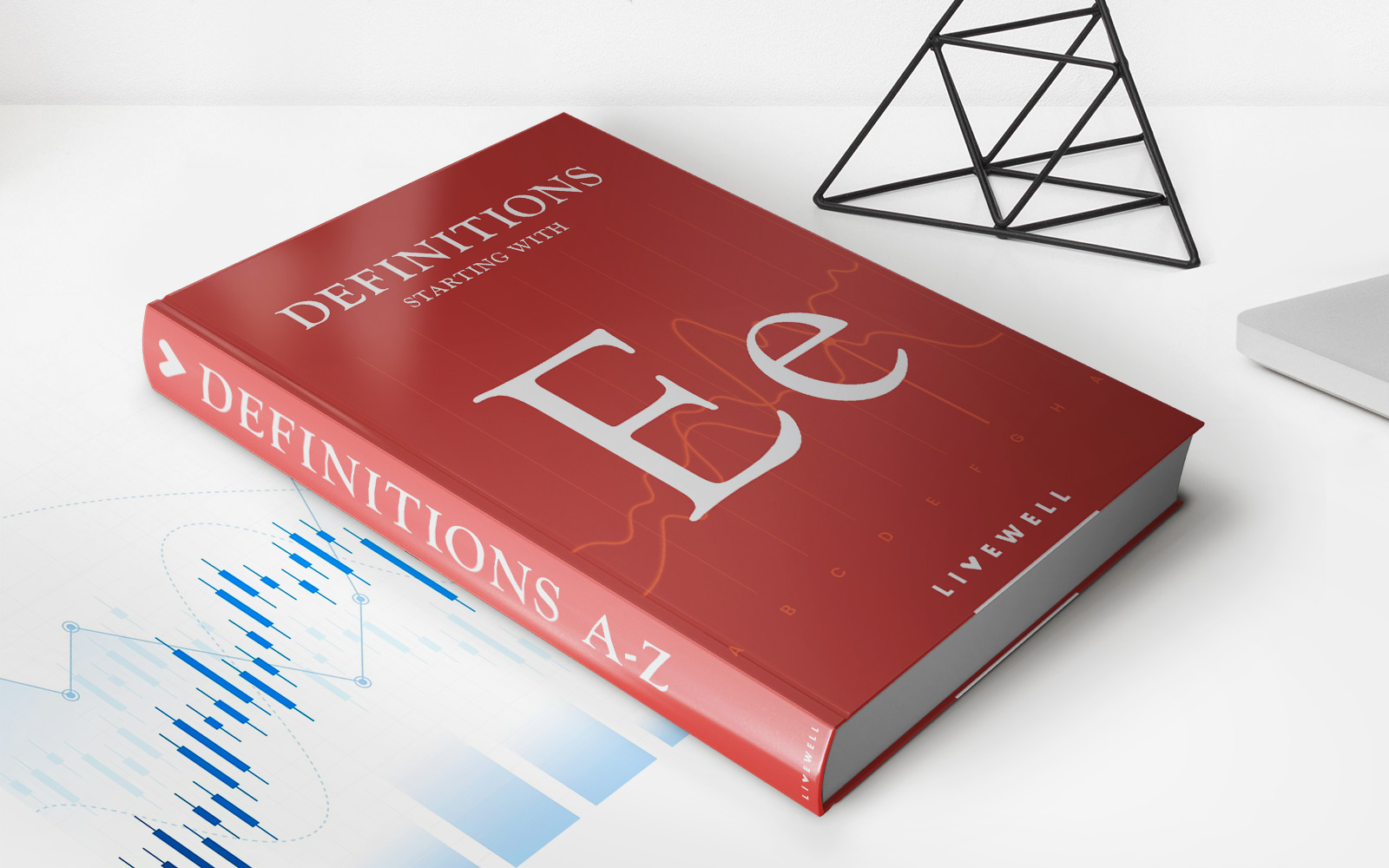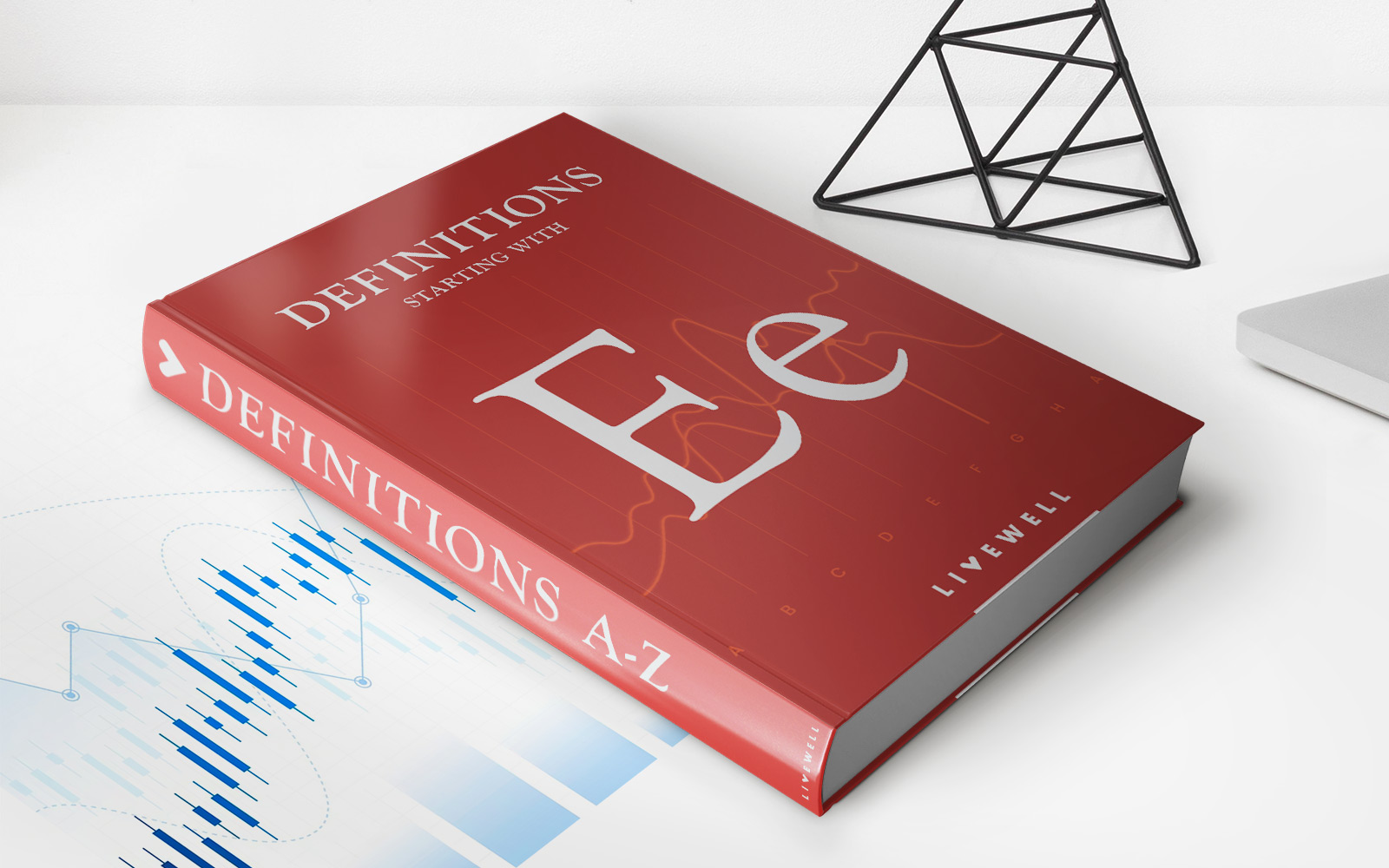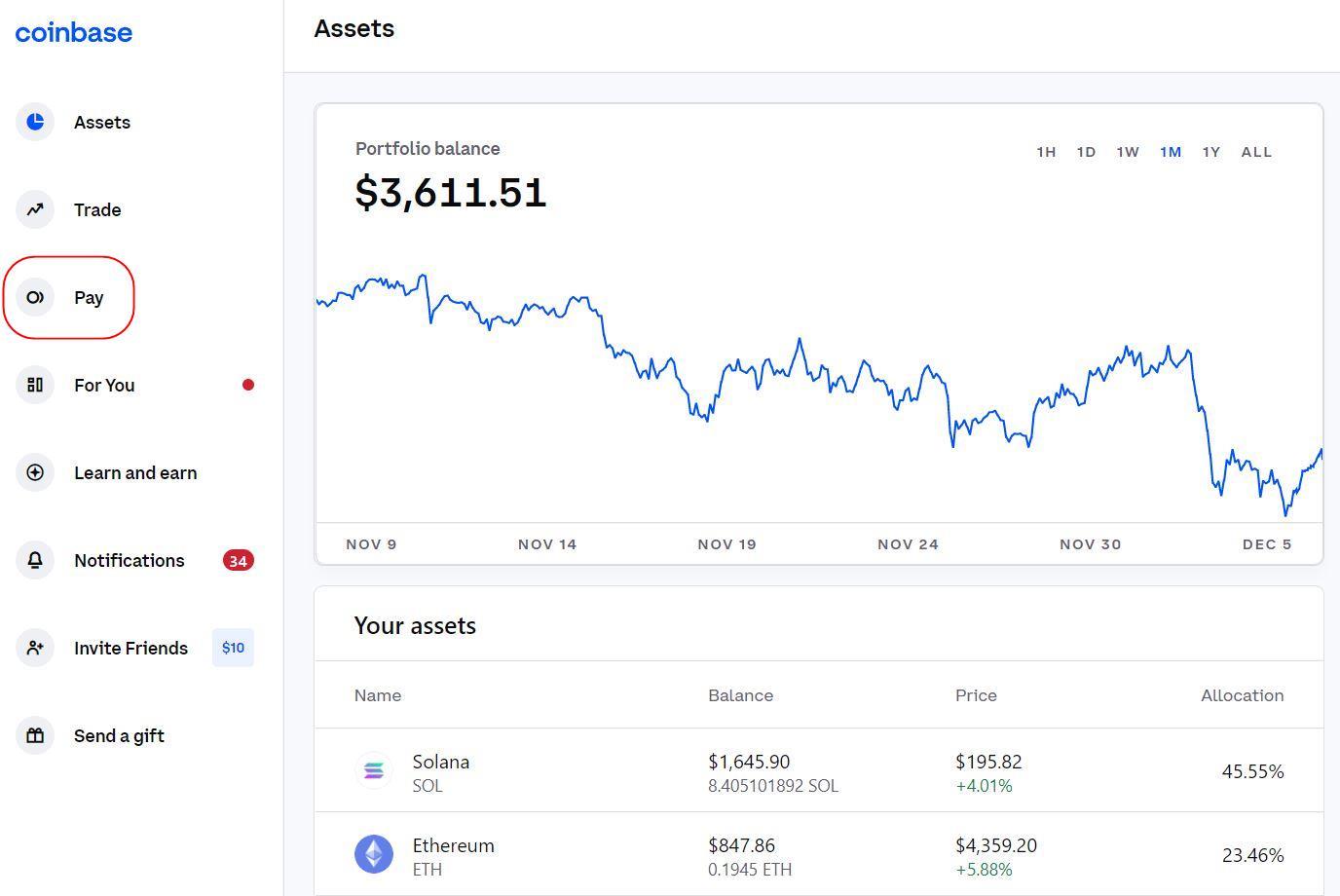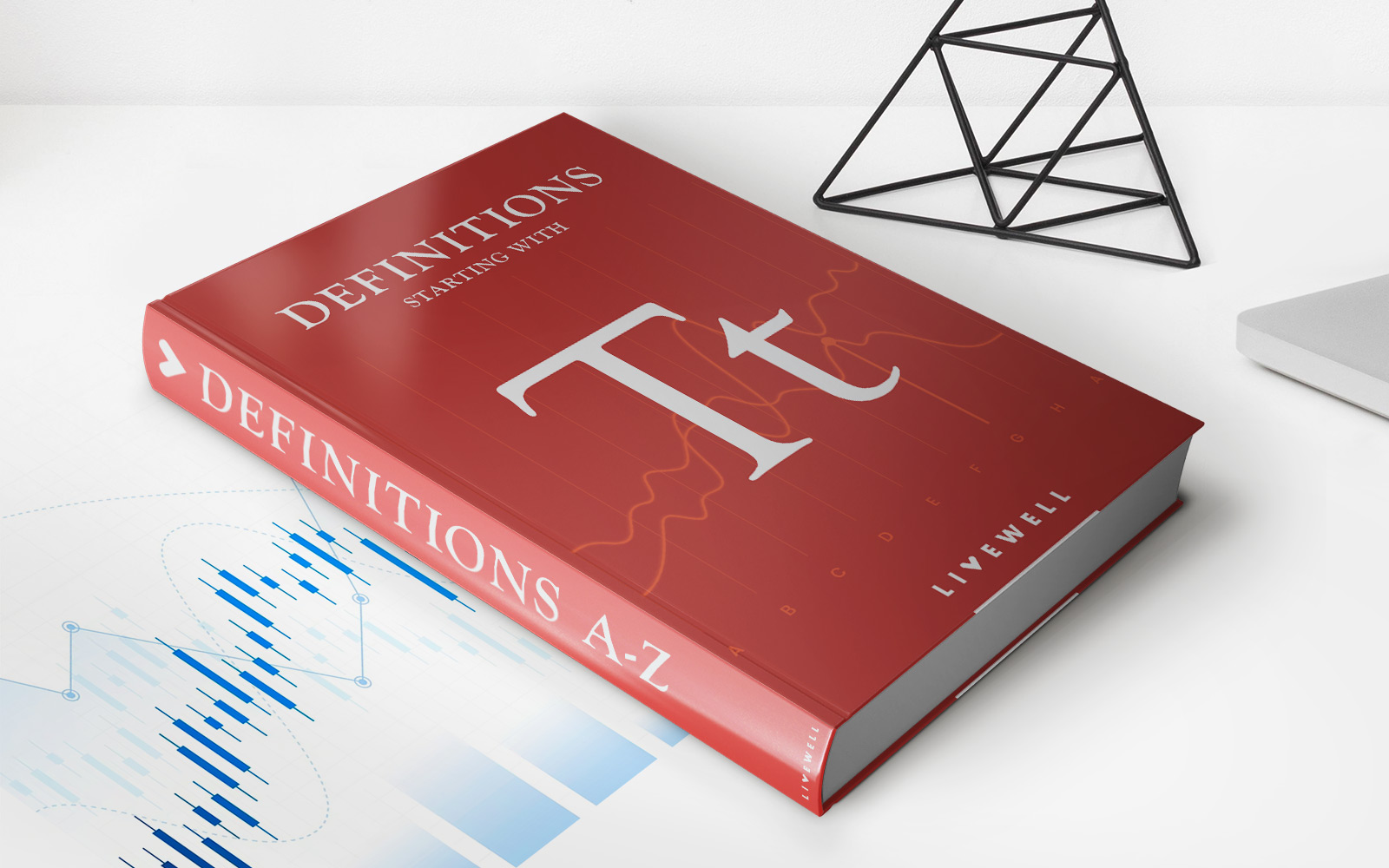Home>Finance>Mortgage Forbearance Agreement: Definition, Purpose, How It Works
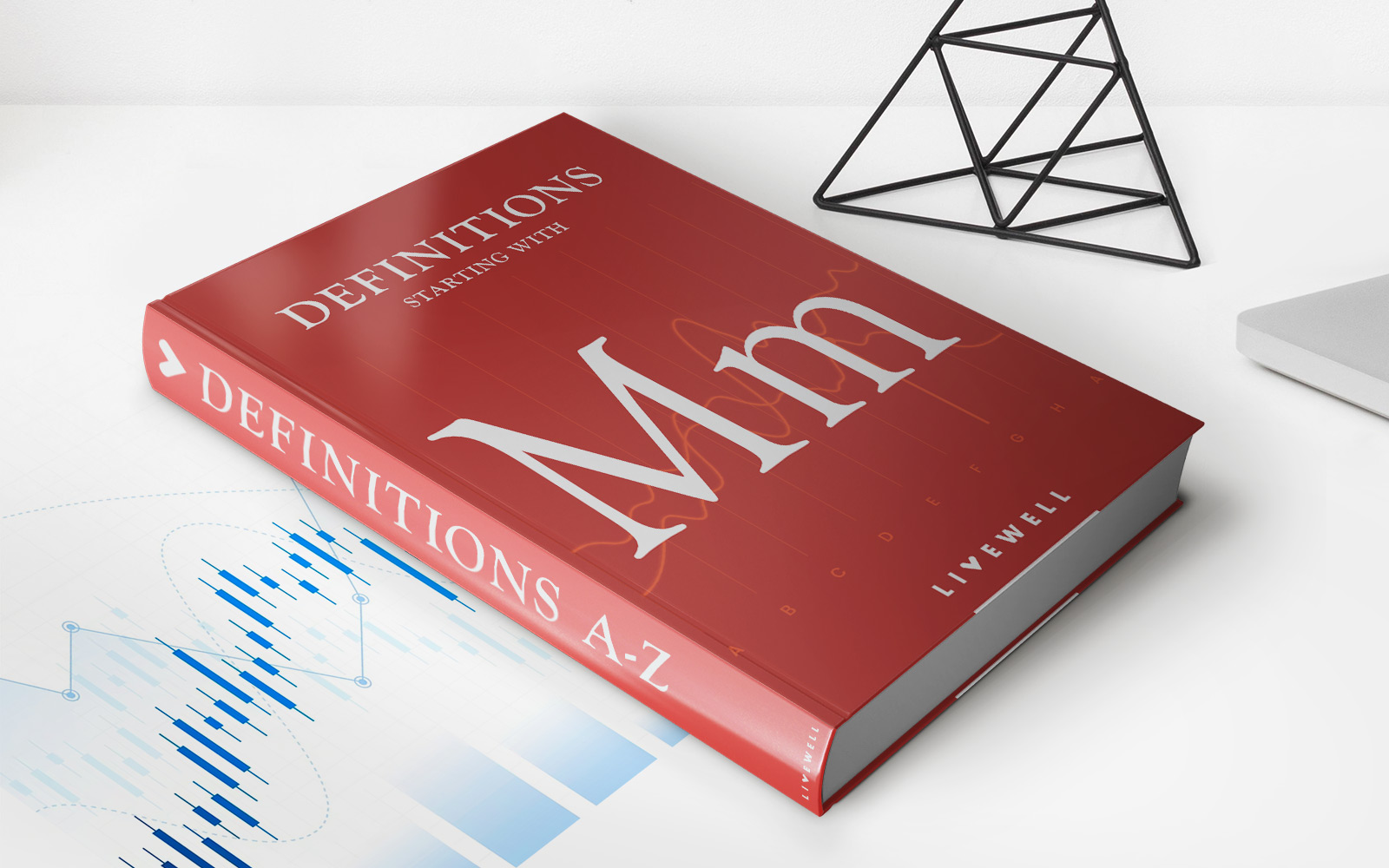

Finance
Mortgage Forbearance Agreement: Definition, Purpose, How It Works
Modified: December 30, 2023
Learn about mortgage forbearance agreements in finance, including their definition, purpose, and how they work. Understand how this agreement can help you manage your mortgage payments effectively.
(Many of the links in this article redirect to a specific reviewed product. Your purchase of these products through affiliate links helps to generate commission for LiveWell, at no extra cost. Learn more)
Mortgage Forbearance Agreement: Definition, Purpose, How It Works
Are you facing financial hardships and struggling to make your mortgage payments? You’re not alone. The ongoing pandemic has caused economic uncertainty for many individuals and families. If you’re finding it tough to meet your mortgage obligations, a mortgage forbearance agreement might be the solution you need. In this blog post, we’ll dive into what a mortgage forbearance agreement is, its purpose, and how it works.
Key Takeaways:
- A mortgage forbearance agreement allows homeowners to temporarily pause or reduce their mortgage payments.
- It is meant to provide relief during times of financial hardship, such as job loss, medical emergencies, or natural disasters.
Definition
A mortgage forbearance agreement is a formal arrangement between a homeowner and their mortgage lender or servicer. It allows the homeowner to temporarily pause or reduce their monthly mortgage payments for a specific period, typically up to 12 months.
During the forbearance period, the homeowner is not required to make full monthly payments, although interest may still accrue on the outstanding balance. Once the agreed-upon forbearance period ends, the homeowner is expected to resume their regular mortgage payments or work out a repayment plan with the lender.
Purpose
The purpose of a mortgage forbearance agreement is to provide temporary financial relief to homeowners who are facing hardships. It offers a viable solution for those who are unable to meet their mortgage obligations due to factors such as:
- Job loss or reduced income
- Medical emergencies or high medical expenses
- Natural disasters affecting property or personal finances
- Divorce or separation leading to financial difficulties
By entering into a mortgage forbearance agreement, homeowners can avoid foreclosure and protect their credit scores. It offers a breathing space, allowing them to regroup financially without the immediate threat of losing their homes.
How It Works
The process of obtaining a mortgage forbearance agreement involves several steps:
- Contact your mortgage servicer: Reach out to your mortgage servicer as soon as you start experiencing financial difficulties. Explain your situation and inquire about the options available, including forbearance.
- Submit relevant documentation: Your servicer may require you to provide proof of hardship, such as income loss or medical bills. Be prepared to submit any necessary documents to support your case.
- Negotiate the terms: Work with your mortgage servicer to negotiate the terms of the forbearance agreement. This includes determining the duration of the forbearance period and discussing how you’ll repay the paused or reduced payments.
- Follow through with the agreement: Once you’ve agreed upon the terms, make sure you fulfill your end of the agreement. If you’re required to resume payments or enter into a repayment plan after the forbearance period, do so promptly.
It’s essential to note that a mortgage forbearance agreement is not forgiveness for missed payments. You will still owe the outstanding balance, and it’s crucial to discuss repayment options with your lender once the forbearance period ends.
While a mortgage forbearance agreement can offer temporary relief, it’s essential to carefully consider your financial situation before entering into one. Consult with a financial advisor or housing counselor who can help guide you through the process and determine if it’s the right solution for you.
In conclusion, a mortgage forbearance agreement can be a valuable tool for homeowners facing financial hardships. It offers temporary relief by allowing them to pause or reduce their mortgage payments for a specified period. By understanding the definition, purpose, and how it works, you can make an informed decision about whether a mortgage forbearance agreement is the right option for your circumstances.
